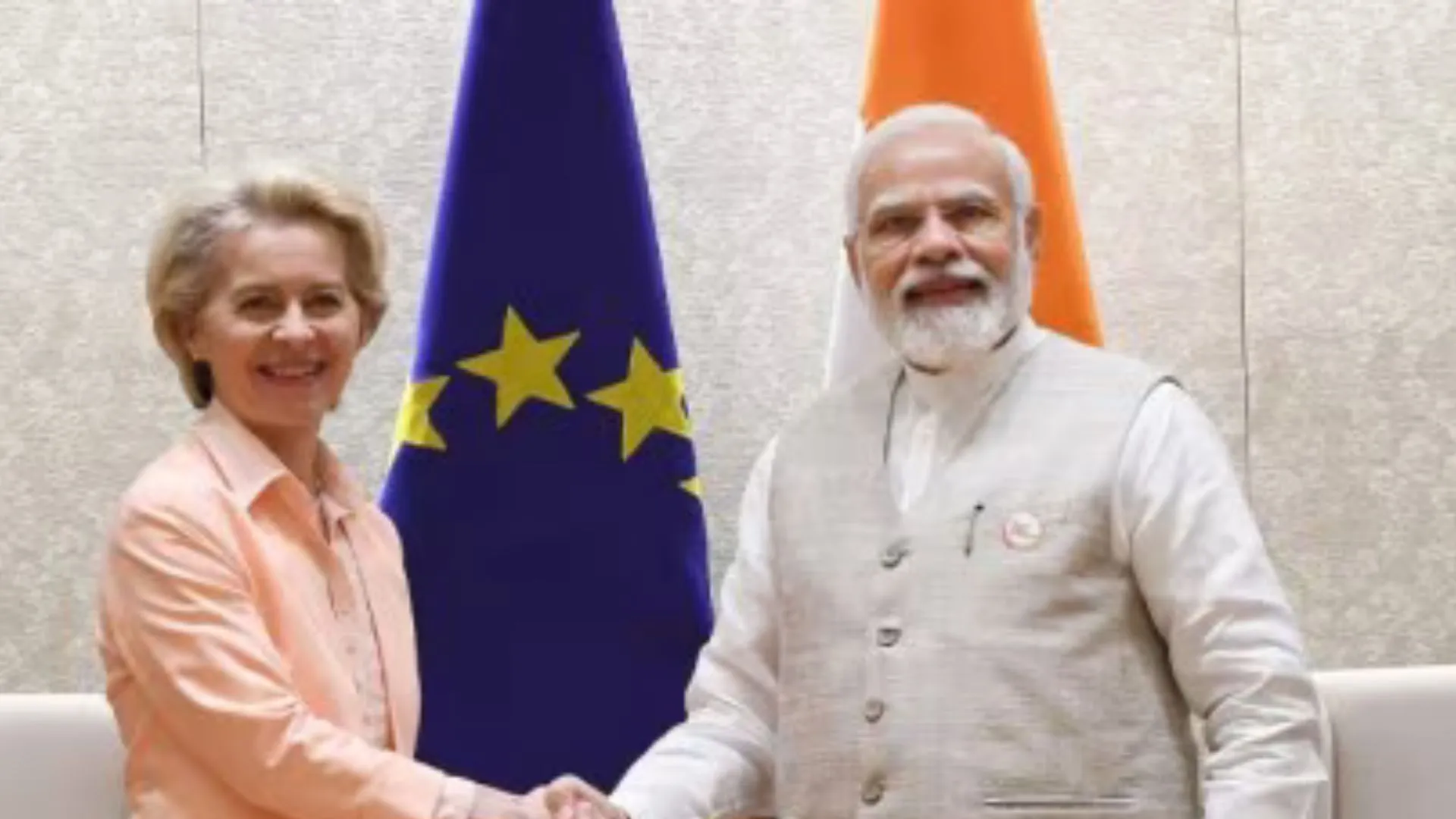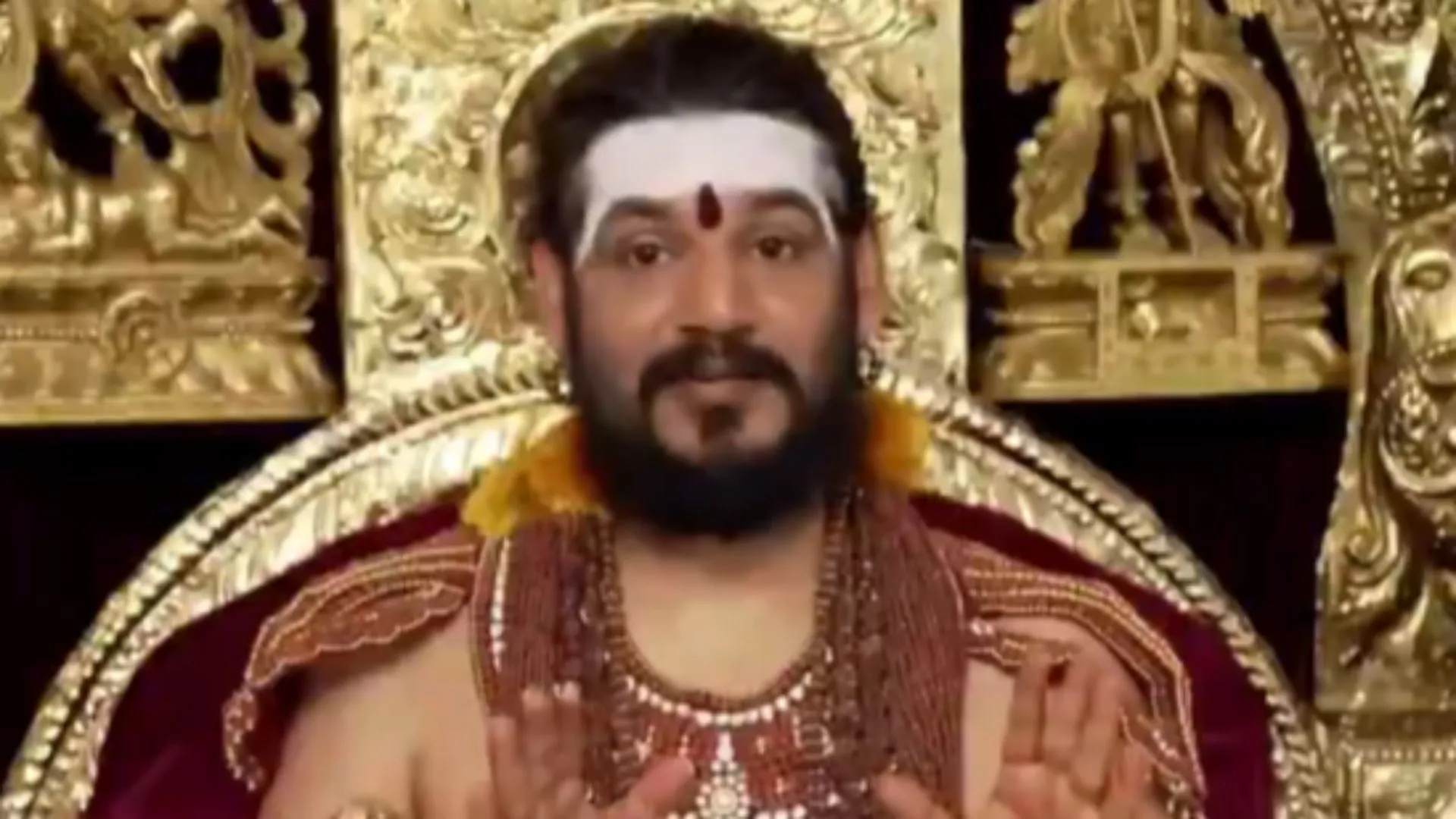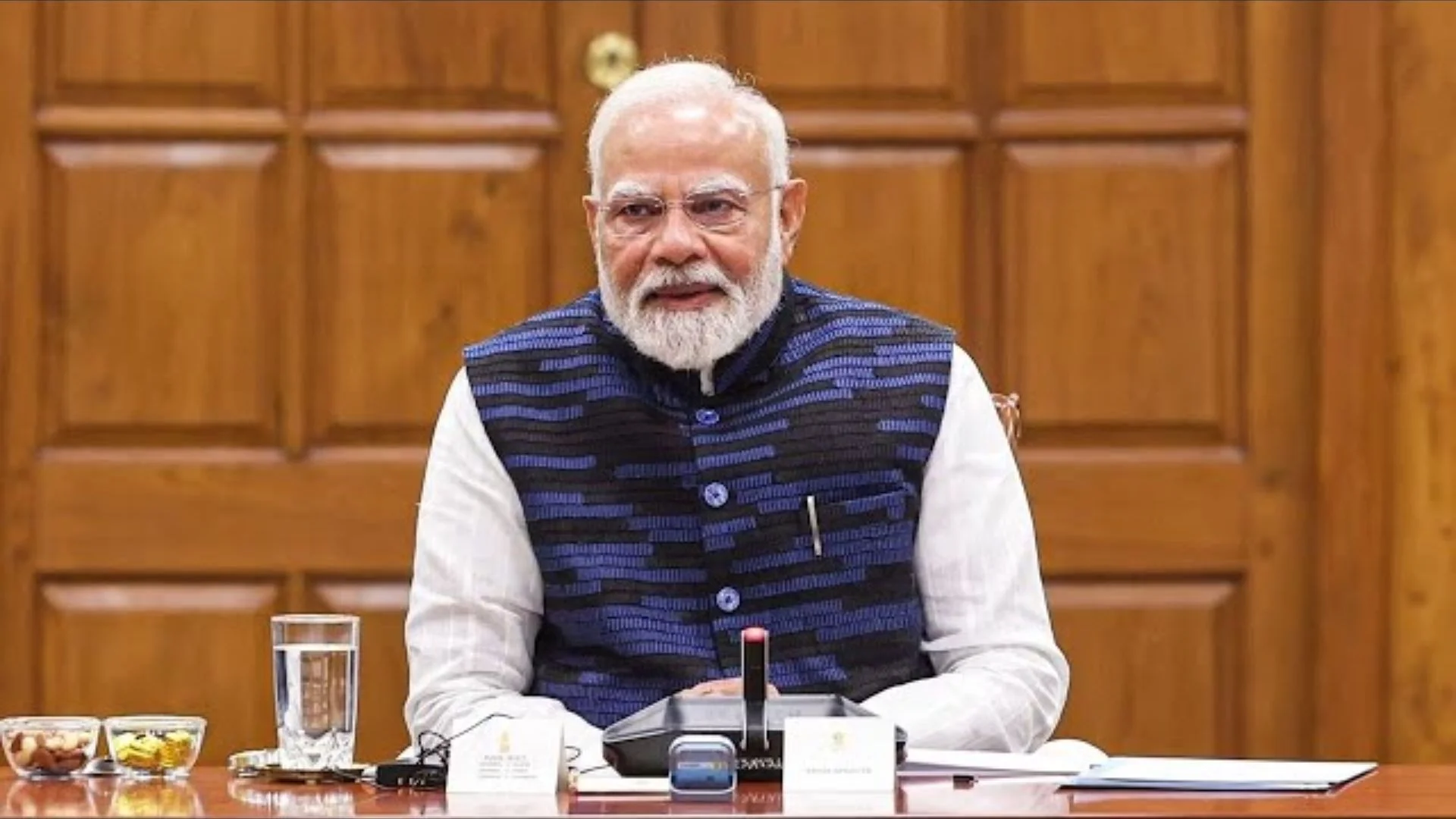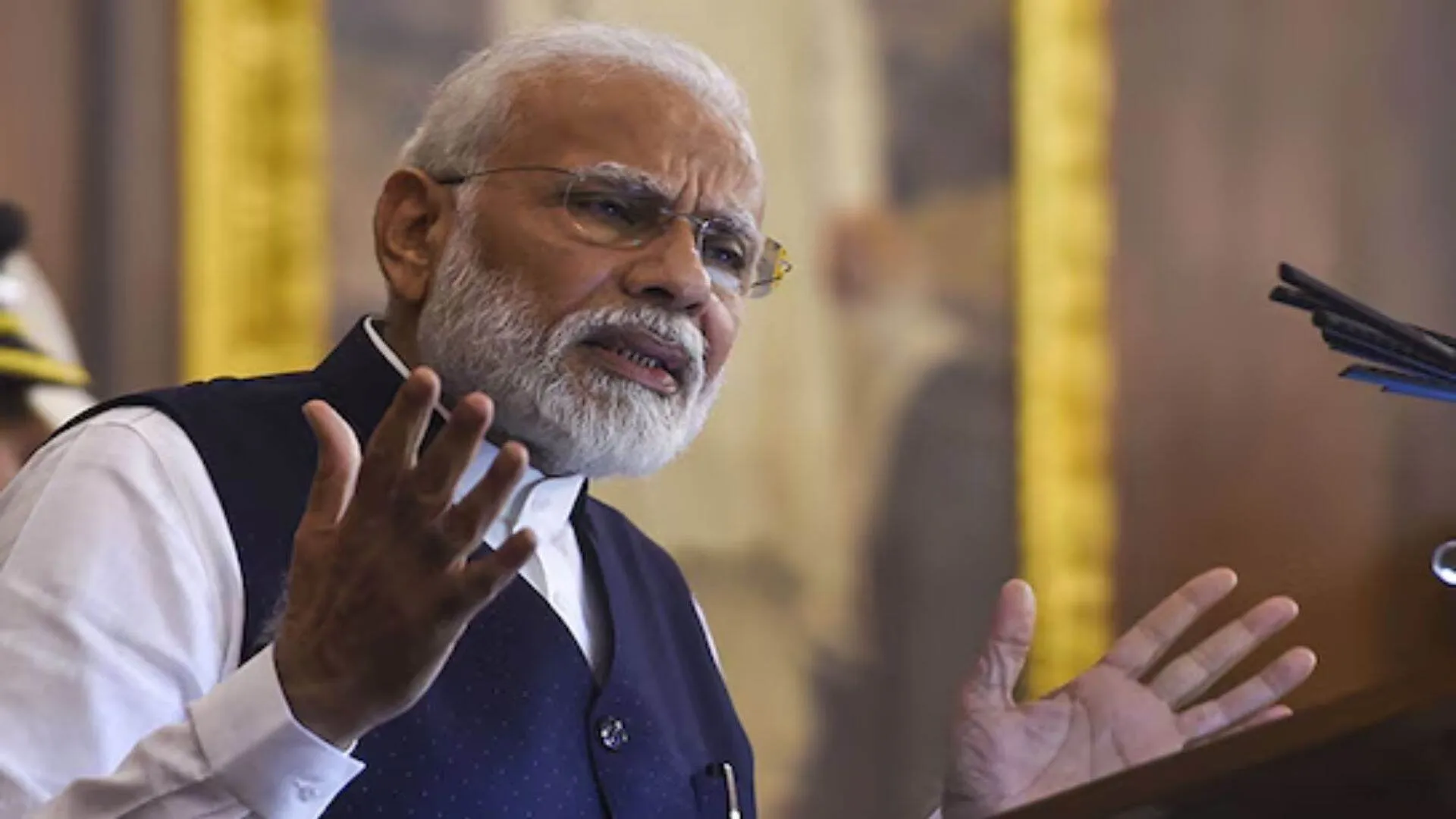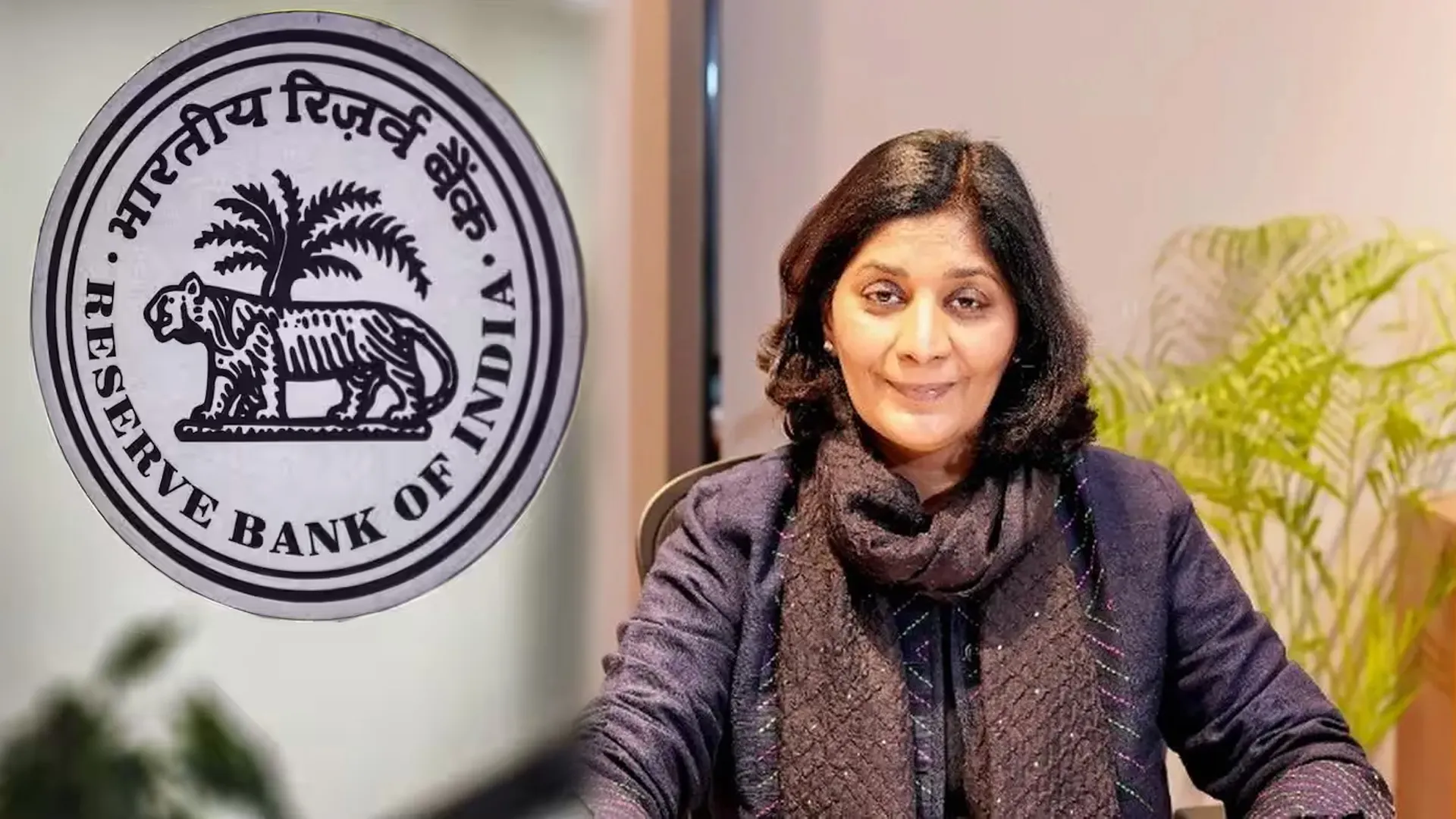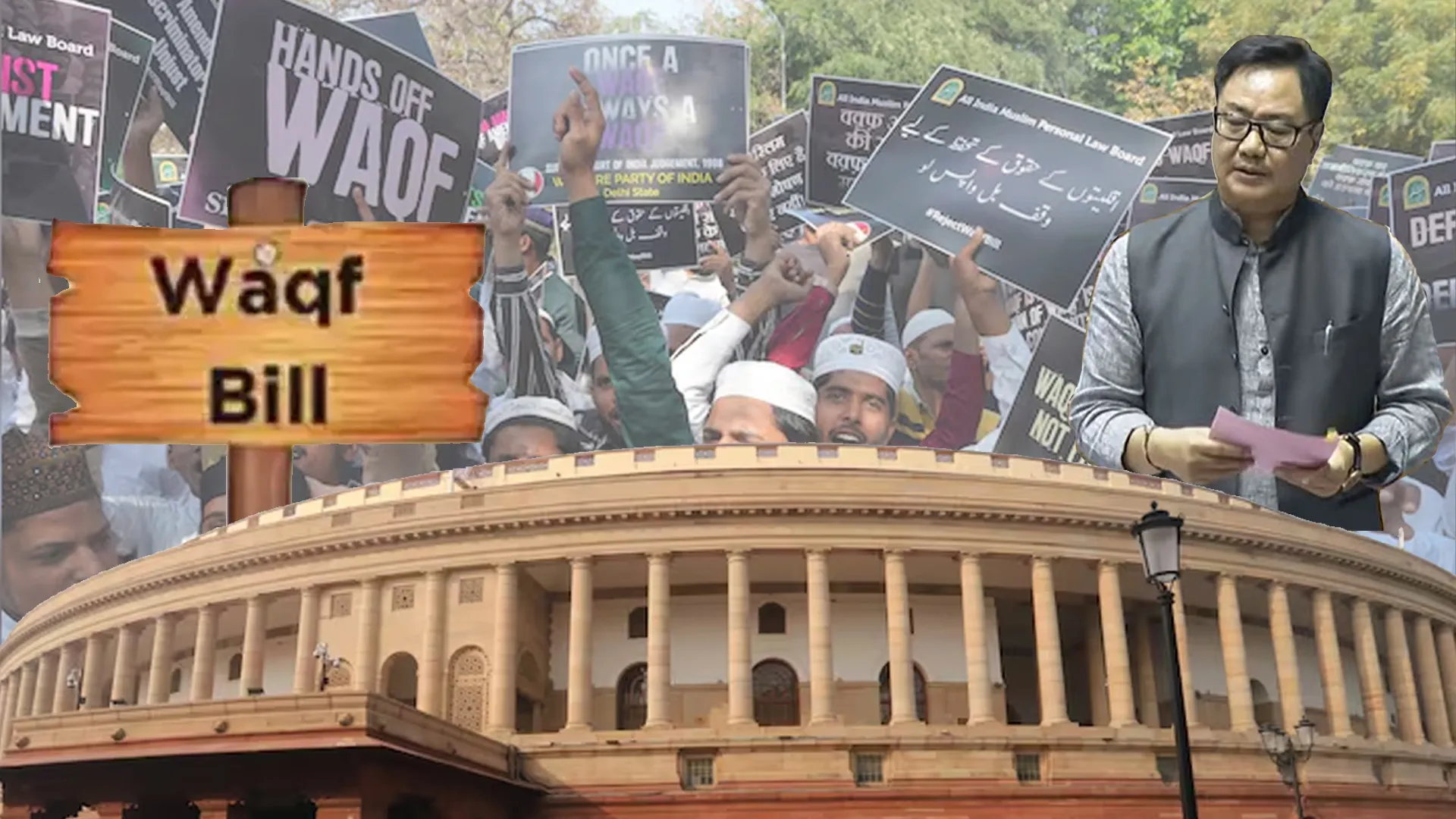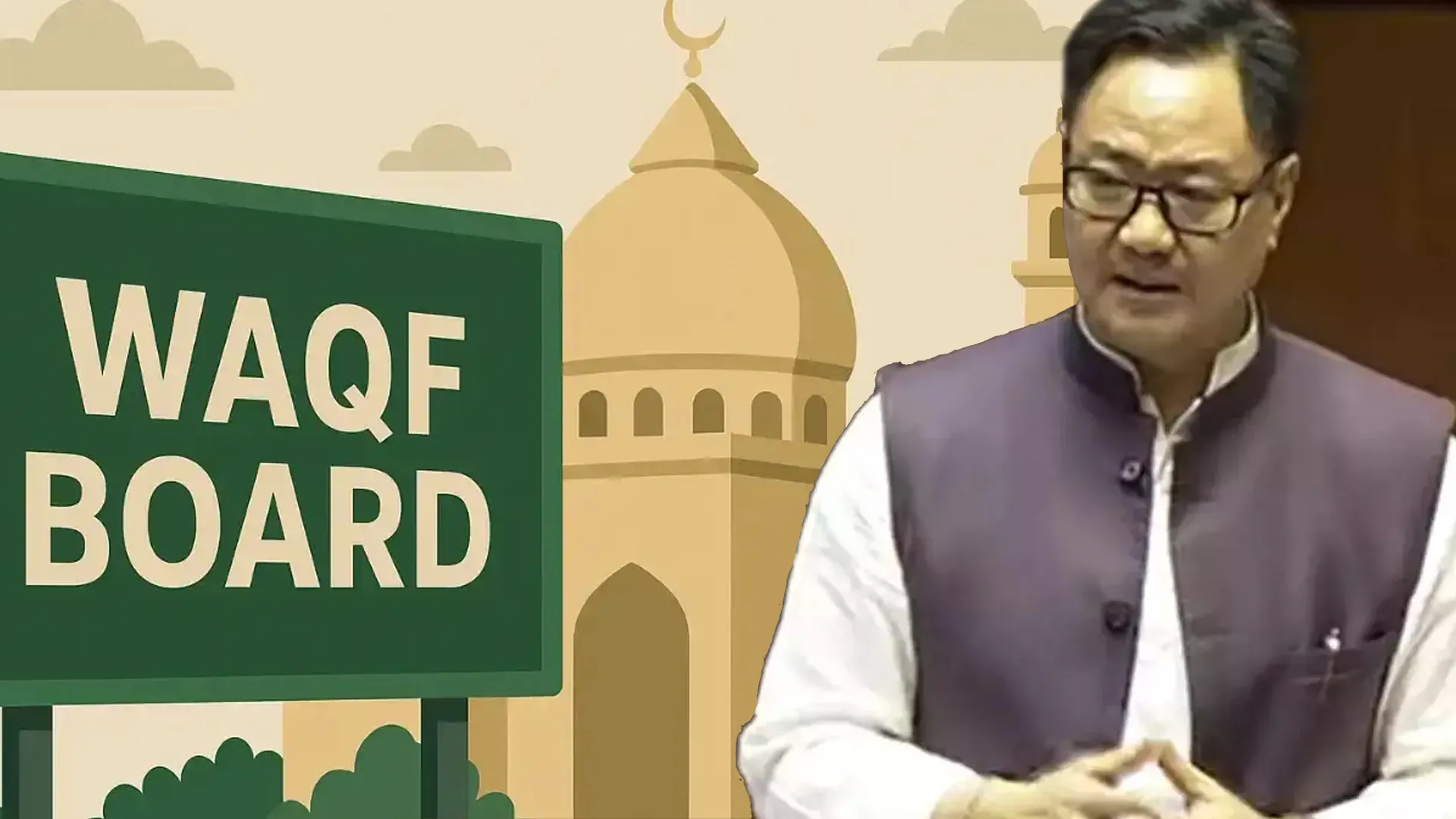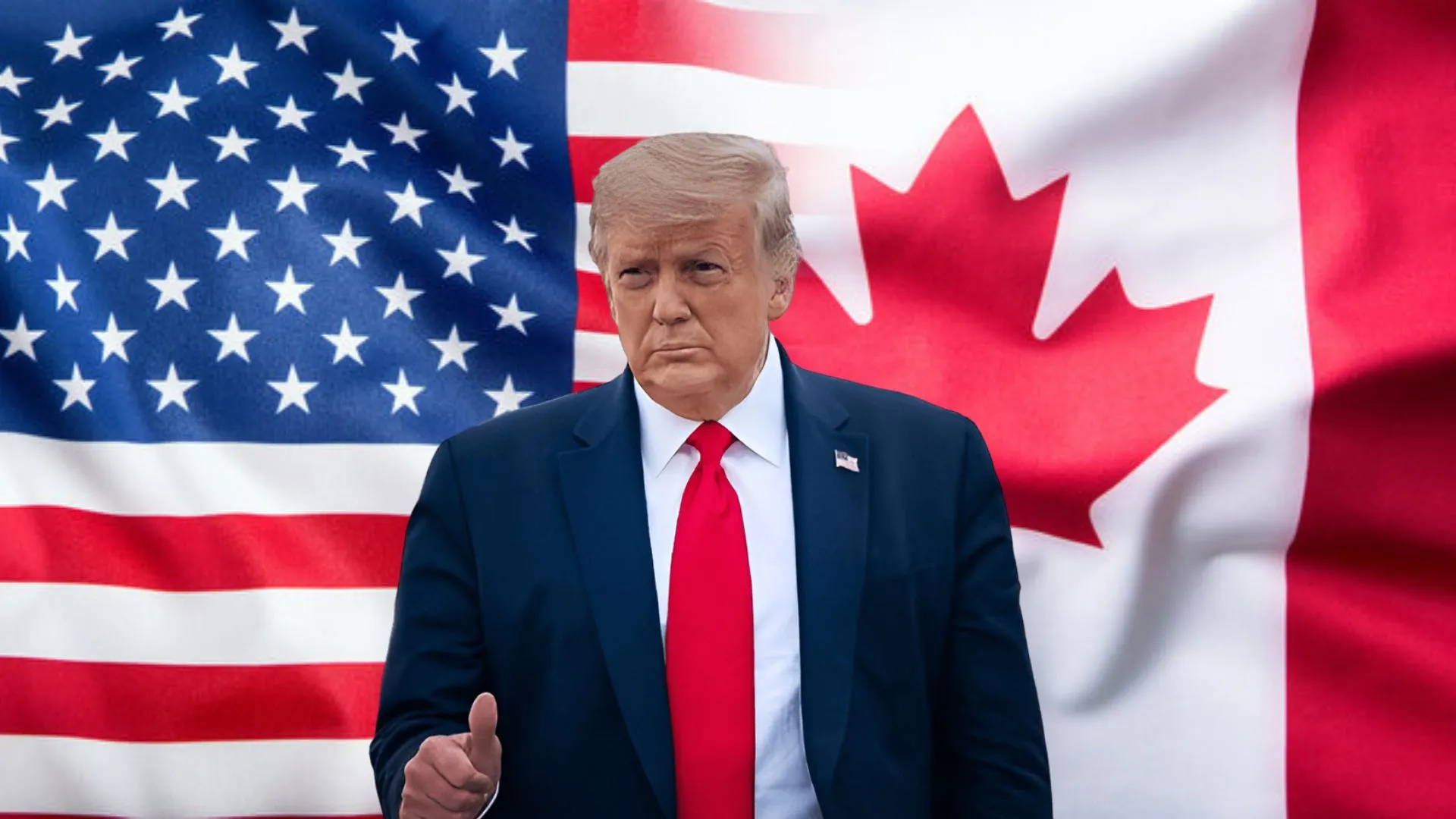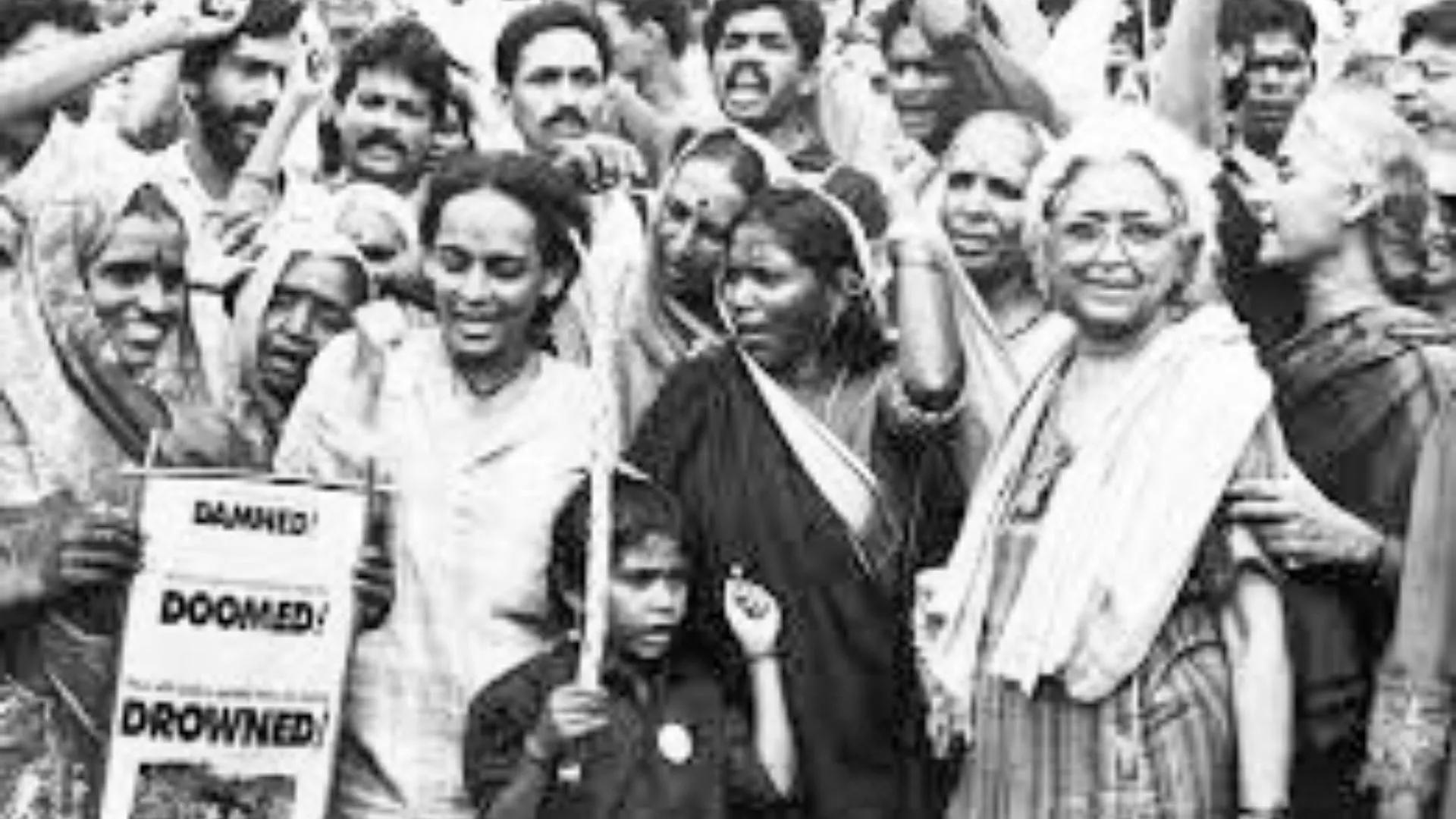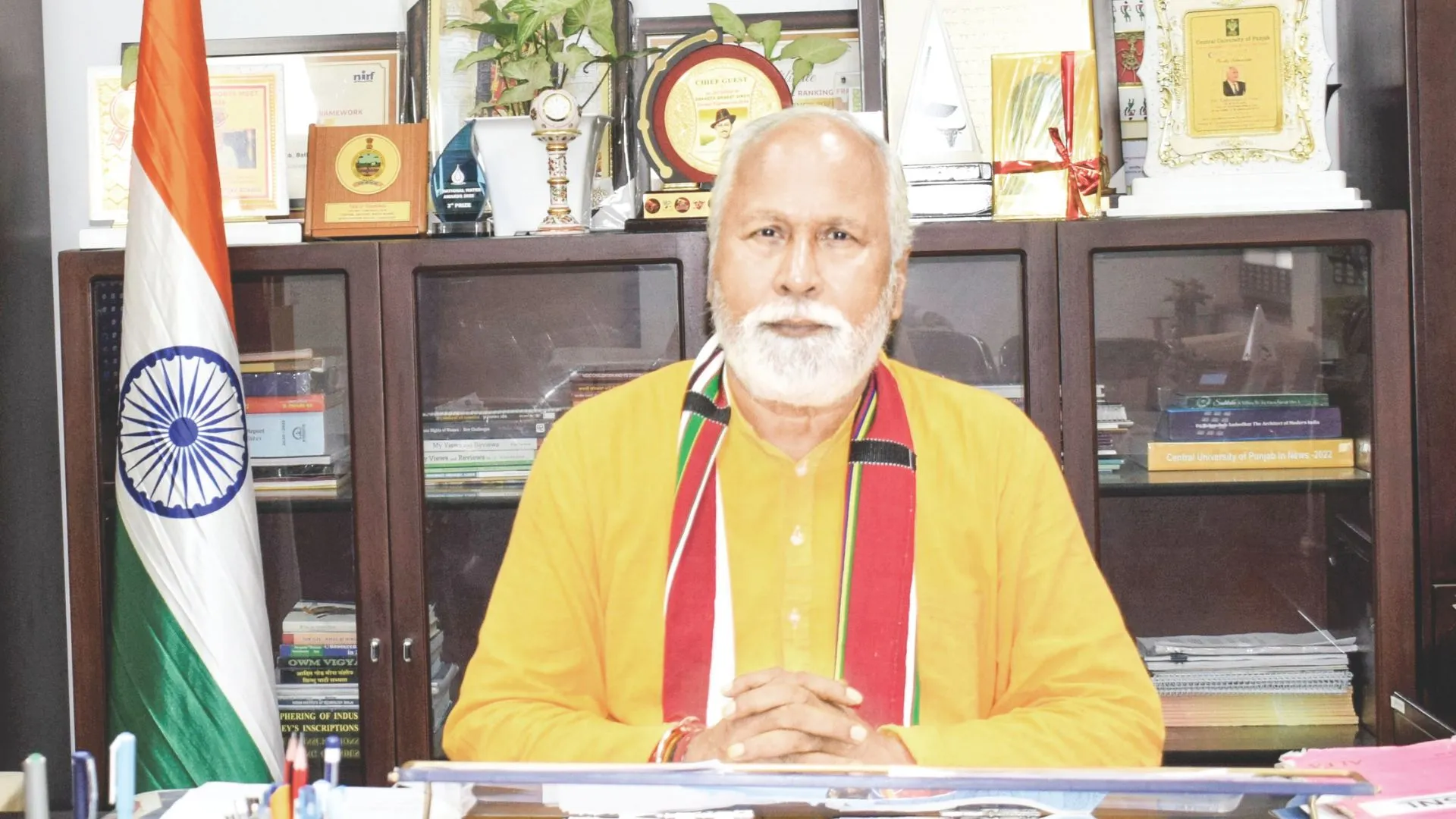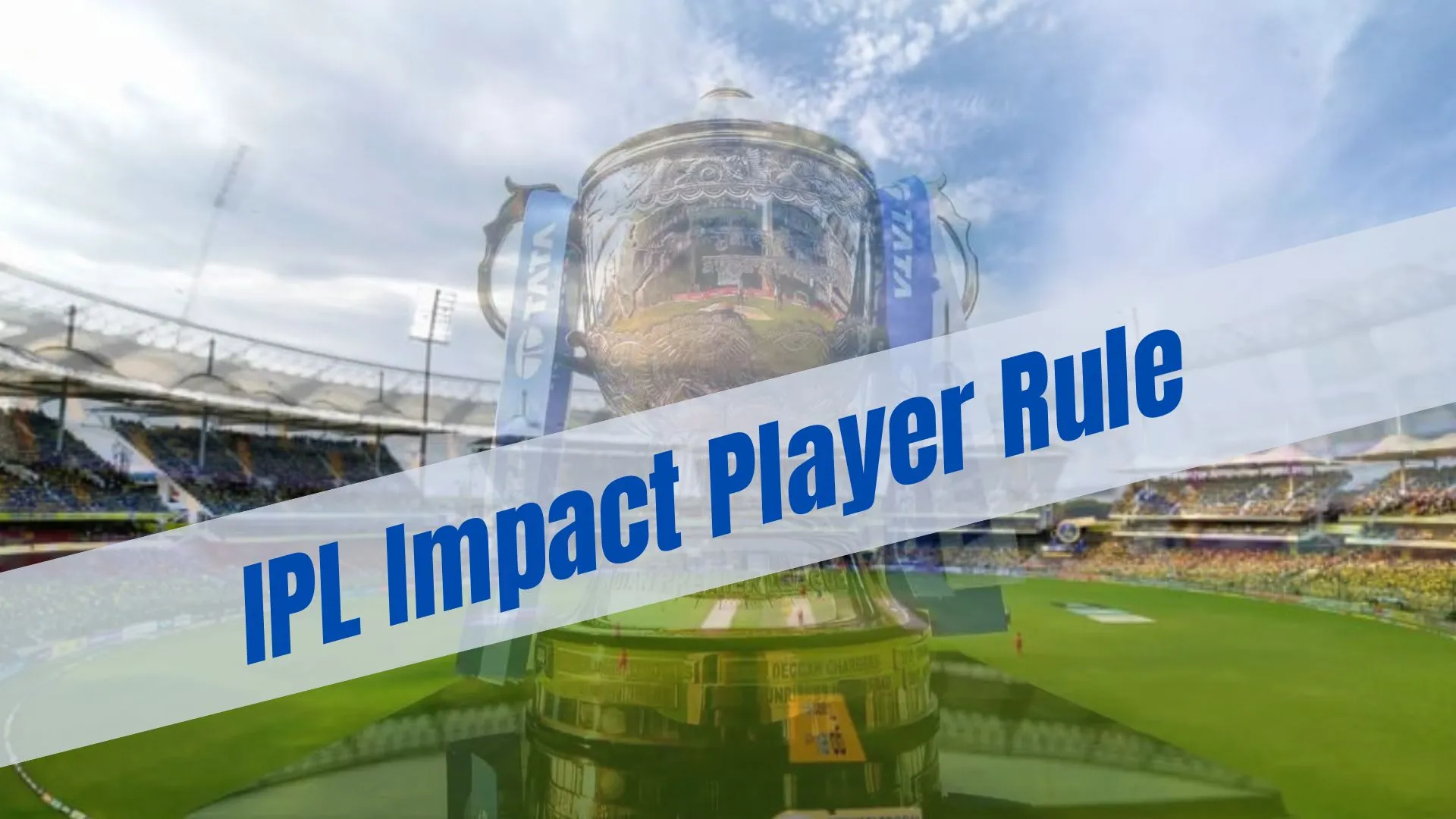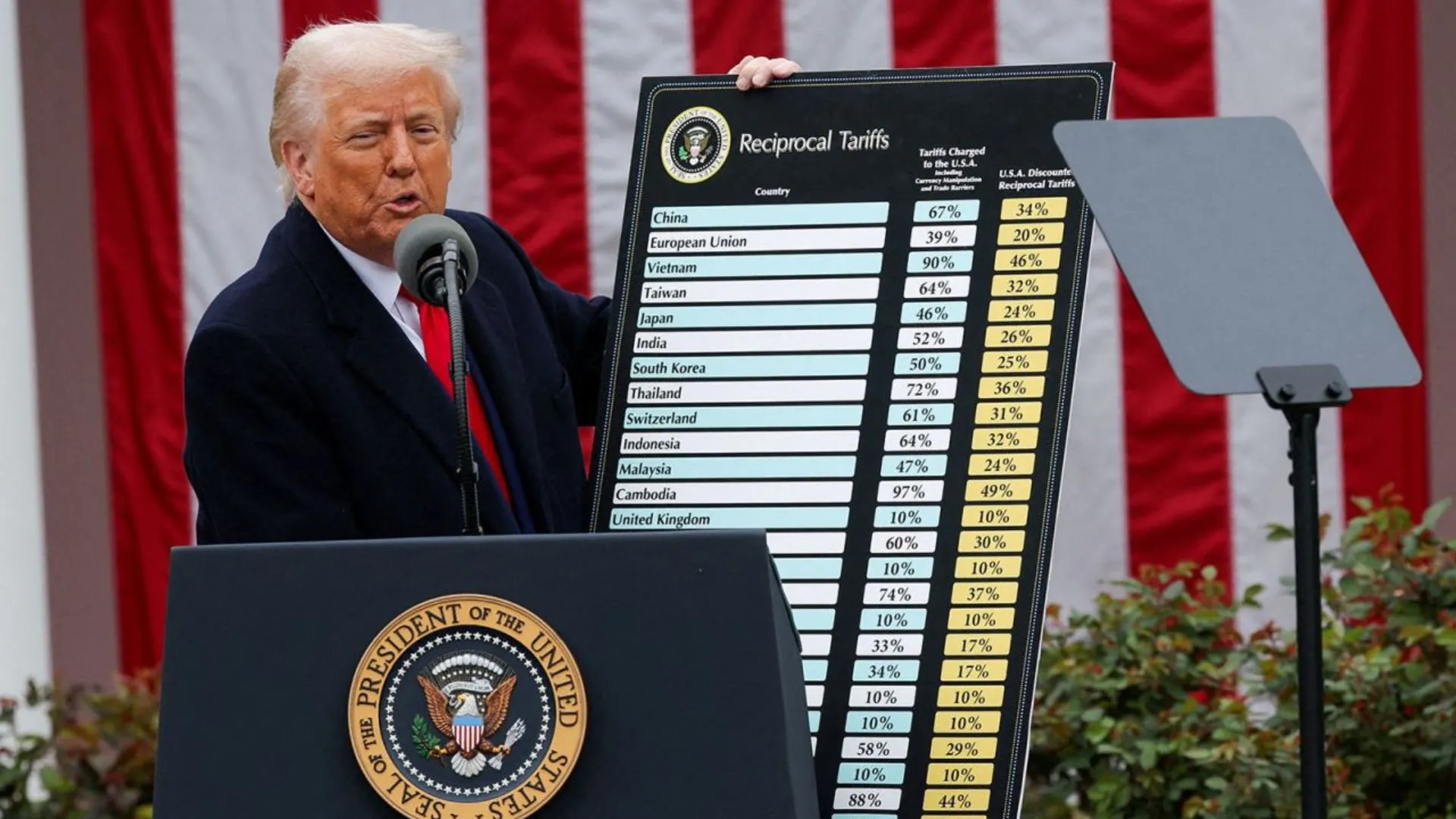The US and Europe are also going through not only geographical distance but also political tensions induced by Donald Trump. Against this backdrop, European Commission President Ursula von der Leyen embarks on a two-day India visit today (February 27), along with all 27 EU Commissioners, called the College of Commissioners.
India’s Ministry of External Affairs announced the visit, saying, “This will be the first-ever visit of the EU College of Commissioners together to India and among the first such visits since the beginning of the mandate of the current European Commission in DNecember 2024 following the European parliamentary elections of June 2024.”
Importance of the Visit
Hervé Delphin, the European Union Ambassador to India, underscored the importance of this visit, saying it was a big moment for both regions. “This will be an important week in EU and India relations. You will have, for the very first time, the president of the European Commission and the entire college, equal to a full EU Commission government, visiting Delhi for two days of discussions.”. The trip is extremely symbolic, and it refers to how much the EU values the bilateral relationship with India. We look at each other as partners by choice but as forces for good,” he asserted.
Why should we care about this visit, and what will come out of it?
Who are the EU Commissioners joining von der Leyen?
The College of Commissioners, which comprises 27 members, gives political direction to the European Commission. The team is jointly responsible to the European Parliament.
The President of the European Commission assigns a particular portfolio to every commissioner, whose power differs depending on the responsibilities.
Commissioners are chosen through nomination by national leaders in the European Council based on the results of the European Parliament elections. A hearing before the European Parliament precedes a vote to determine approval. They are finally appointed by the European Council.
The term of the present Commission is up to November 30, 2029.
Trade and Tariff Negotiations on the Agenda
While she is there, von der Leyen and the College of Commissioners will sit down with Prime Minister Narendra Modi in New Delhi. Before the talks, she described India as one of the EU’s “most trusted friends and allies,” saying, “In this age of fierce geostrategic competition, Europe stands for openness, partnership, and outreach.”
Discussions, insiders say, will be about the progress of the Free Trade Agreement (FTA) and the EU-India Trade and Technology Council (TTC). The bloc is urging an “ambitious” and “commercially meaningful” free trade agreement that lowers both tariff and non-tariff barriers, said a senior EU official.
One official told AFP, “The case for a free trade agreement has never been stronger.”
The EU is still India’s biggest trade partner, for €124 billion (Rs 11 lakh crore) in merchandise trade during 2023—more than 12% of India’s overall trade. FTA talks resumed during 2022, with the subsequent negotiation round from March 10-15 in Brussels.
The EU and India will also exchange views on the Trade and Technology Council (TTC), a forum established in 2022 to strengthen cooperation in the digital economy, clean technology, trade, and investment.
Tariffs will likely be the big sticking point in the talks. A senior official explained to The Indian Express, “India’s market is fairly closed, particularly on sensitive products of trade interest to the European Union and to the industry of our member states. Cars, wines and spirits are a few examples.
The EU is currently diversifying its reliance on China, and so India is increasingly becoming a tempting alternative, especially for industries such as wine and whiskey.
Concurrently, India seeks to join more closely with the EU services sector and provide more opportunities for high-skilled labor mobility.
Ukraine War Set to be a Top Point of Discussion
As the Russia-Ukraine conflict heads into its fourth year, it is likely to be a key issue during the India-EU negotiations. An EU spokesperson confirmed that Ukraine would be discussed in talks between PM Modi and von der Leyen, seeing India as a vital partner for peace.
“Wherever we go, we discuss Ukraine, of course, in a lot of detail, considering our interests.”. This is also formally part of the agenda of the bilateral meeting between President von der Leyen and Prime Minister Modi. So, this will be discussed, and I’m sure our president will want to give further updates on her latest visit to Kyiv. And our vision can only highlight again the need for our own security as Ukraine’s security is, and as Indian security needs Ukraine’s security,” said one senior EU official.
The EU is also set to pressure tighter enforcement of the sanctions on Russia. That being said, it might prove an uncomfortable conversation given that India has stayed on the sidelines during the conflict and continued to purchase crude oil from Moscow.
Technology, AI, and Infrastructure Cooperation
The discussions will also include cooperation in artificial intelligence and new technologies, building on discussions at the AI Action Summit in Paris, where PM Modi was a co-chair.
Secondly, von der Leyen and Modi will be discussing the India-Middle East-Europe Economic Corridor (IMEC).
“IMEC is a very important initiative for how we think about partnerships.”. This is investing in infrastructure, creating the linkages between us, between India and Europe, with the Middle East in the middle. So that means park infrastructure, that means railways, that means shipping lanes by sea. This is a project or an initiative which was at the time also very much backed by President Biden and the United States, and has had much broader support from our side. We are still very much interested. We are totally committed to building this infrastructure, to keep the investments on this corridor going and to establish that connectivity where we are still in an initial stage,” an EU official informed ANI.
Why the Timing of This Visit Is Significant
Political experts point out that von der Leyen’s visit is at a strategically critical moment. The United States, led by Donald Trump, seems to be moving away from Europe.
Trump has threatened the EU with tariffs, stating that taxes on European imports to the US may be applied “pretty soon.” Trump has repeatedly attacked the EU’s car exports to the US while emphasizing the reduced number of US cars entering Europe.
In addition, Trump has upended Western defense frameworks by launching Ukraine-related discussions with Russian President Vladimir Putin without consulting European leaders.
As Brussels think tank Bruegel’s André Sapir explained to AFP, “The European Union has been left searching for friends and India, the world’s largest country by population, is a natural prospect.

